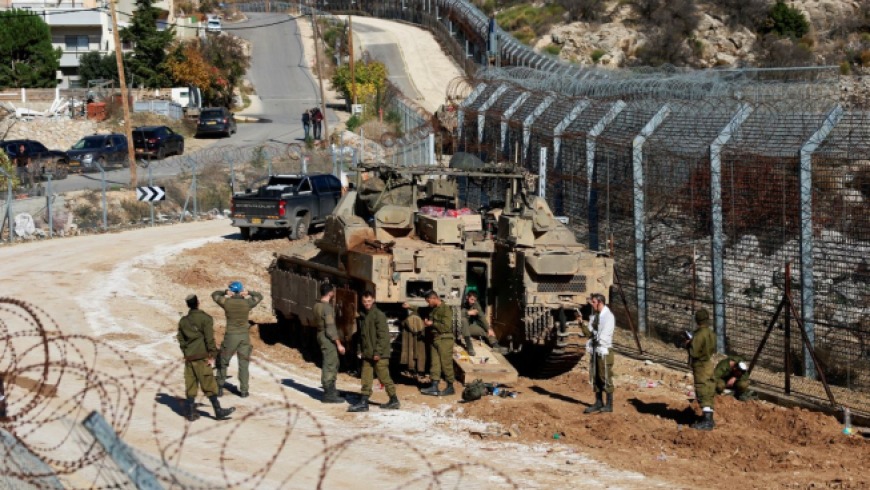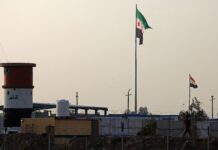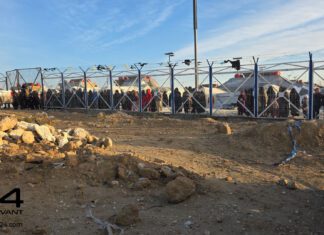
Efforts to secure a landmark security deal between Israel and Syria faltered this week as Israeli Prime Minister Benjamin Netanyahu’s hard-line speech at the United Nations was followed by reports that talks had stalled over Israel’s demand for a “humanitarian corridor” to southern Syria.
Netanyahu’s Defiant Address
On Friday, Netanyahu used the General Assembly platform to defend Israel’s ongoing war in Gaza and stress that negotiations with Syria could still yield a breakthrough. “We have begun negotiations with the new Syrian government, and I believe in the possibility of concluding a peace agreement with it,” he said. He added that any arrangement must safeguard Syrian sovereignty while ensuring Israel’s interests, particularly the “security” of the Druze minority in Syria and Israel.
His remarks came as many delegates walked out of the chamber, while protesters outside accused Israel of war crimes. Netanyahu insisted that Israel would not bow to pressure, casting Gaza as the “final front” against Hamas and linking Israel’s wider military campaign to emerging diplomatic opportunities with Arab states and even Damascus.
Corridor Demand Blocks Progress
Behind closed doors, however, the talks have stumbled. Reuters reported Friday that Israeli negotiators reintroduced a request to establish a land corridor from Israel into Suwayda, a southern province of Syria home to the Druze community. Syria rejected the proposal, calling it a violation of sovereignty.
Two Israeli officials, a Syrian source and a source in Washington confirmed the impasse, saying the disagreement derailed plans to announce a deal during the New York meetings. A Syrian official told Reuters that discussions before the assembly were “positive,” but no direct contacts occurred this week.
From Security Pact to De-escalation
US envoy Tom Barrack, who has mediated months of talks in Baku, Paris and London, said earlier in the week that Washington had lowered expectations from a broad security pact to a narrower “de-escalation agreement.” That arrangement would see Israel halt airstrikes in exchange for Damascus pledging not to move heavy military equipment near the border. Barrack described the deal as “a first step” toward broader security arrangements.
Syrian President Ahmad al-Sharaa voiced caution at the Concordia Summit in New York, saying, “We are heading towards calm and Syria is given a chance to build, and if the truce succeeds and there is a commitment by Israel to what is agreed upon, negotiations may develop.”
Rising Tensions on the Ground
Even as diplomats exchanged proposals, Israeli incursions into southern Syria continued. The state-run Syrian Arab News Agency reported armored vehicles and bulldozers advancing in Quneitra on Friday, calling the operations violations of the 1974 Separation of Forces Agreement. Local sources said Israeli patrols also entered villages in Daraa, while occupation warplanes and drones loomed over several provinces.
Syria’s UN envoy Ibrahim Olabi told Al-Arabiya that the talks had entered an “advanced stage” but placed responsibility on Israel. “The ball is in Israel’s court,” he said.
Despite optimism voiced by US officials that an agreement is “99% complete,” the unresolved corridor demand and ongoing military activity underscore how fragile the process remains.








